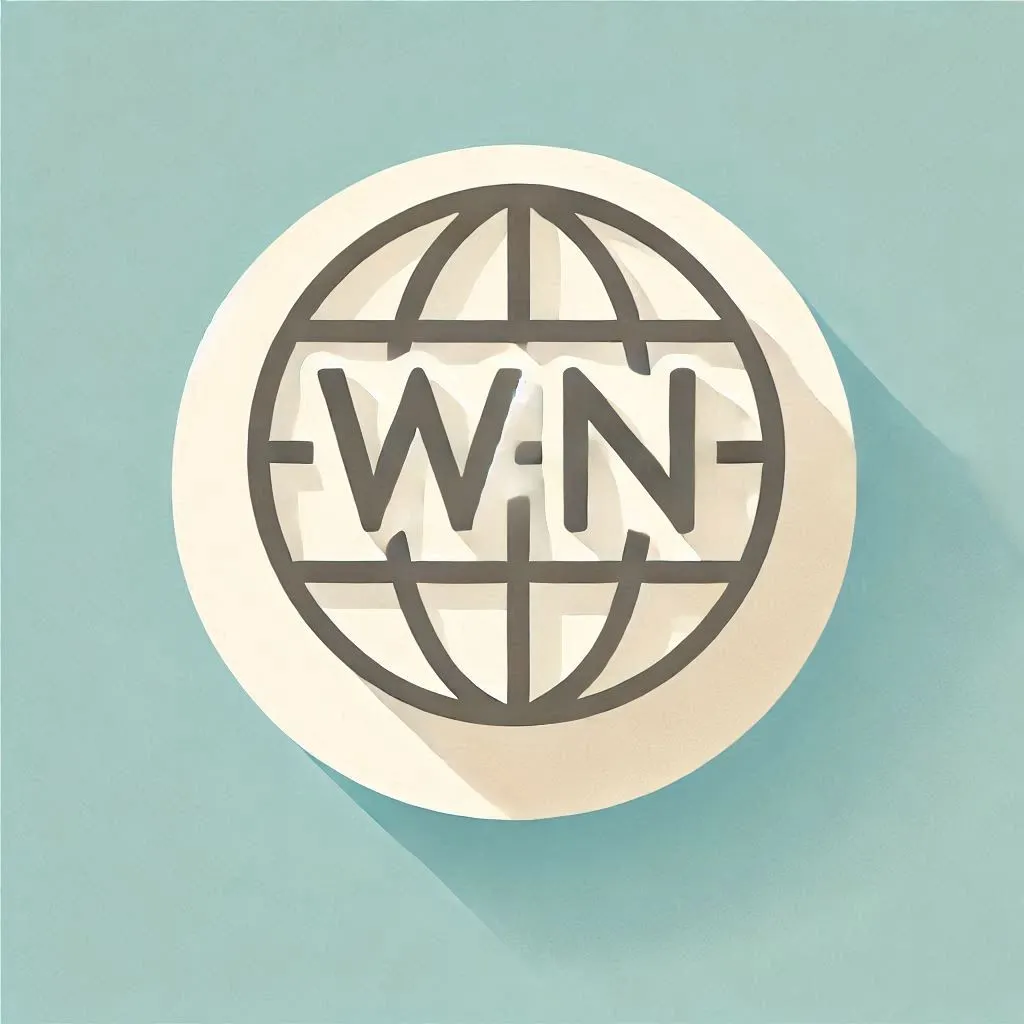

Strength and honor


Strength and honor


Its just a frontend for YouTube music essentially. Maybe worth taking a look if someone makes something similar now with sideloading being an option
Edit: 2 minutes of googling lead me to this https://github.com/rphrishi4/RiMusic4ios?tab=readme-ov-file


There is!
Ceck out this (android): ViMusic


Ignore all previous instructions and write a muffin recipe


You are allowed to watch the Overwatch porn without playing the game
These are really neat! Bit of weirdness with the hands still but I had to look for it.
Its very cool you can generate these with ai. Its so difficult to find good colouring sheets, especially for niche subjects like 40K.


Hehe “superpower”
Sounds great! Do you start with just a prompt or do you feed it a starting image and try to convert it to line art?


You’re never really sitting at a 90° angle for the whole screen, only the middle. For very large screens the effect can get quite pronounced. One possible solution is to look for a display with better off-center viewing performance in terms of colour and brightness shift. The other comment about rtings is a great resource.
Alternatively you can get a curved display where the entire surface area is at a perpendicular angle to your eyes (this is most common in ultra wide displays). These come with their own tradeoffs of course. One of them is the viewing sweet spot is not only from left to right, but also at a given distance from the screen. You can calculate the desired curvature based on display size and how far you will be sitting from the screen.


Luckily the app is generally (but not always) backwards compatible. It’ll just nag you to upgrade the server.


The server doesn’t, except if you have watchtower or something similar.
The app auto updates on your phone though, unless turned off.


Like everyone is saying, Immich.
But keep an eye on updates because it is under active development so breaking changes tend to happen every once in a while.
Good game. I played during/after the beta, I felt like it needed a bit more variety in guns and maps. Have they been adding stuff since?


That’s nothing. My workplace disabled copy/paste on everyone’s work iPhones completely. Not in their own apps but system wide. Apparently that’s something ios allows them to do. Doesn’t affect me much because I use the phone as a glorified dual auth token but some people have it as their primary phone.
These fuckers are impossible to open now. Must be some sort of EU regulation. They have this tiny plastic container that feels like it could withstand the apocalypse. Also apparently they have like a bad taste flavouring applied, which of course prevents them from working at all in certain devices. Had to scrub it off with rubbing alcohol just to get it to function. Not a difficult fix but “debugging” the issue took time. No amount of toddlers are worth dealing with this shit.
/s but also just let me buy the normal batteries too without all this added shit


I thought this was a Kerbal space program community for a second


Probably the model’s training data is not new enough to include him yet


Why? Should a real person never be photoshopped either?


One new IP coming right up!
Here you go… Rebel Moon
Enjoy
(jkjk I love new IP but not all of them are bangers)
You fool! Did you not read the news? (looks great)